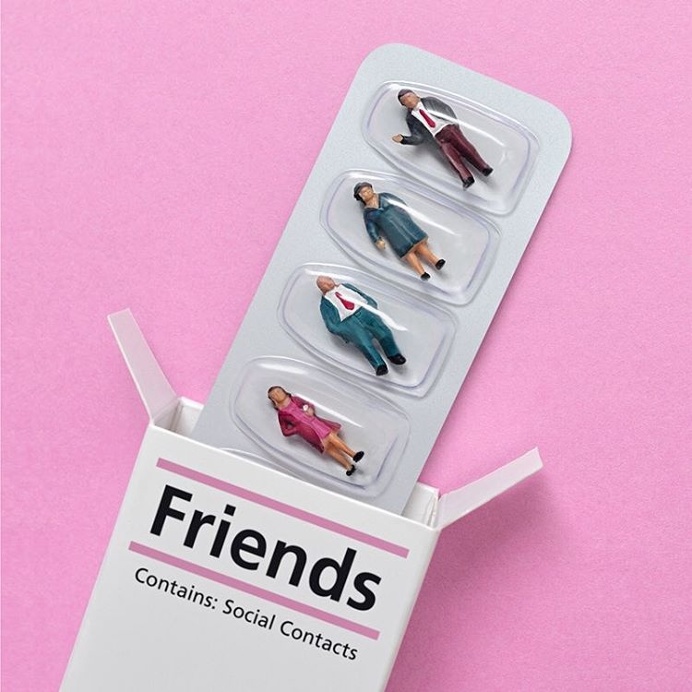
After reading numerous articles from behavioral psychiatrists and watching interviews with former tech executives regarding the “addiction code” designed into most apps and social media sites, my suspicions about the nefarious intentions behind these digital playgrounds have been confirmed. There are indeed evil tech wizards out there who are after your brains, and perhaps even your soul. It sounds like the plot of a Sci-Fi thriller, but it’s neither fiction, nor theory; it’s a very real conspiracy of our time. Don’t take my word for it; there is plenty of evidence out there which proves that many apps and sites are designed to get you hooked and keep you distracted. A very informative book on this subject is Glow Kids by Nicholas Kardaras, an addiction expert, who does an excellent job pointing out that kids are the most vulnerable victims of what he calls “digital heroin.” Many apps that kids use, such as Snapchat, Music.ly, Vine, Facebook, Roblox, Talking Tom, Minecraft, Angry Birds, amongst others, are intentionally addictive. The developers behind such apps have carefully studied the psychology of addiction and their technology is designed accordingly. Combine that knowledge with the user data collected from each app, and you have the perfect tool for psychological exploitation.
How the ethics of this phenomenon are not scrutinized more heavily, especially by legislators, is also very questionable in itself. In that respect, some have compared technology to the tobacco industry. As much as I can understand where this analogy is coming from, I would argue that the problem is far worse. First of all, the entire technology industry is not to blame, and I wouldn’t compare it to tobacco, which at least is labeled with very clear warnings about its health risks. I believe that a more accurate depiction of this matter would be to compare the techies who capitalize on addiction to dealers of crack-cocaine. In fact, studies have shown that there are few differences between a brain high on cocaine and a brain “high” on an addictive app.
Imagine if a candy company decided to use a drug like cocaine as a secret ingredient in their candy products, to keep people hooked, boost sales and/or guarantee that consumers will keep returning to them for more candy… Now imagine what would happen to that candy company if their secret ingredient became exposed, and subsequently, their malignant intention. What would happen? For starters, they’d be put on trial in court for criminal activity, and they would end up serving a sentence of some kind, along with other penalties.
People implementing “addiction codes” in their software are just as corrupt, and yet, they are not liable for their premeditated actions. Cognitive and behavioral disorders are on the rise, especially in kids, who are being prescribed pharmaceutical drugs for mental health issues, which, in many cases, are a consequence of the cyber drugs that are distributed by Silicon Valley’s digital drug lords.
Reality is stranger than Science-Fiction.